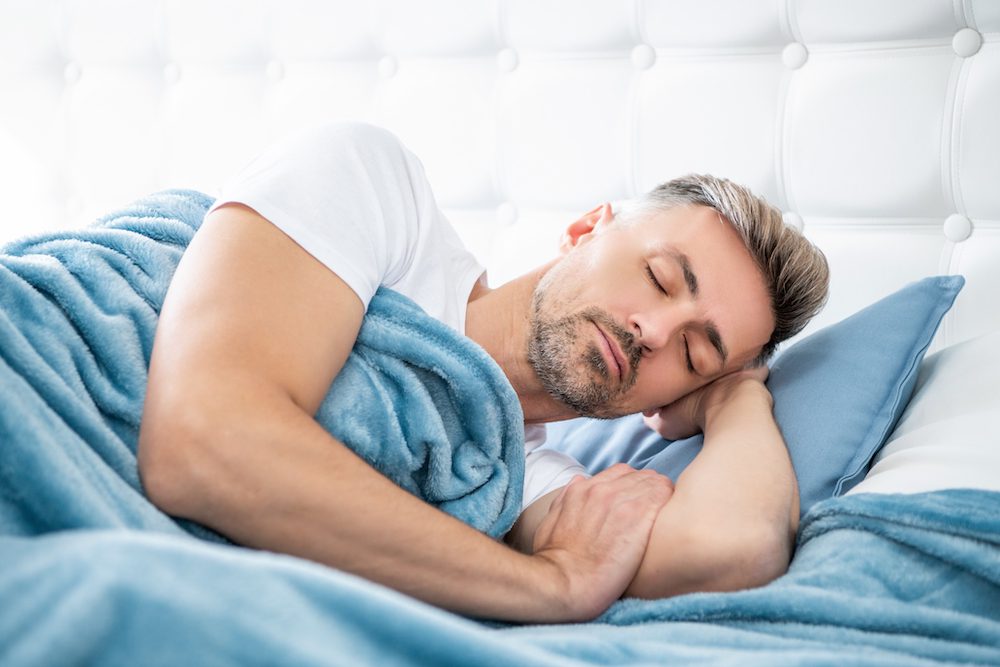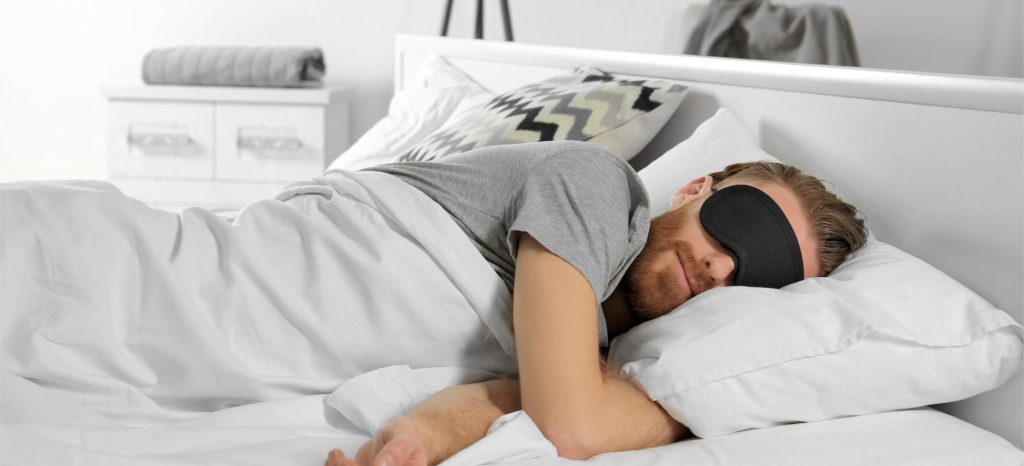If you often feel low on energy despite getting adequate sleep, you could be dealing with poor sleep quality. Poor sleep quality can leave you feeling sluggish or drowsy at times when you want to be energized and alert. We explain how sleep quality affects your energy levels and how to get a good night’s rest.
What Is Sleep Quality?
Sleep quality is an overall measure of how satisfying or refreshing your sleep is. The total number of hours you sleep is just one component of sleep quality. Sleep can be unsatisfying even if you get seven or more hours of sleep per night. Your sleep quality is considered good if you achieve continuous, healthy sleep throughout the night and wake up feeling well rested.
Different factors contribute to your sleep quality, including how many times you wake up at night, what stages of sleep you experience, and how long you stay in each stage of sleep.
Poor sleep quality can lead to problems during waking hours, including a lack of energy and health issues.
Signs of poor sleep quality include:
- Feeling unrefreshed after sleeping
- Having a hard time getting out of bed in the morning, even if you’ve given yourself enough hours to sleep
- Waking up multiple times during the night
If you’re experiencing any of these problems, you may need to take steps to improve your sleep quality, like adjusting your daily habits or talking to your doctor about sleep disorders.
Trouble Sleeping?
We can help. Tell us about your sleep to get a free Sleep Doctor score with recommendations for better sleep.
How Does Sleep Quality Affect Energy Levels?
Experiencing poor sleep quality is linked to lacking energy during the day.
When you sleep, your brain progresses through distinct stages that repeat throughout the night. Each stage affects your body differently. Stages like deep sleep are thought to restore your energy for the next day. When sleep is fragmented, certain stages can get cut short, and you may not receive the full restorative benefits of sleep.
Low energy due to poor sleep quality can show up as excessive daytime sleepiness or fatigue. While people often use these terms interchangeably, there’s a difference between them.
- Excessive Daytime Sleepiness: This refers to an uncontrollable urge to fall asleep, even at inappropriate times. Daytime sleepiness can lead to unplanned naps or very brief sleep episodes, known as microsleep.
- Fatigue: Fatigue is a feeling of low physical or mental energy. This symptom can show up in many forms such as a sense of weakness, difficulty engaging in activity, or trouble focusing. While people with fatigue may say they feel tired, they aren’t likely to fall asleep unplanned.
Knowing the difference between these two symptoms can be helpful for figuring out the root cause of your low energy levels. Some sleep problems, such as insomnia, are more likely to cause fatigue, while others, like sleep apnea, are linked to sleepiness. Daytime sleepiness can be particularly dangerous, because even microsleep can trigger serious accidents while driving.
What Could Be Affecting Your Sleep Quality?
Poor Sleep Hygiene
Sleep hygiene refers to a person’s daily habits that impact sleep. Certain habits like drinking caffeine too late in the day or spending too much time in bed during the day contribute to poor sleep hygiene and poor sleep quality.
Medical Conditions or Sleep Disorders
Poor sleep quality can sometimes be a sign of an underlying medical condition or a sleep disorder, like insomnia or sleep apnea.
Some conditions that can affect sleep quality include restless legs syndrome, lung disease, kidney disease, anxiety, depression, and pregnancy. Symptoms of other conditions, such as chronic pain, can also disrupt sleep.
Treating underlying medical conditions often improves sleep, and improving sleep can provide added relief for the person’s condition in many cases.
Shift Work
People who work night shifts are awake and active at times when the human body naturally promotes sleep. This can have several effects on sleep quality, including fragmented sleep and difficulty falling asleep. People who work rotating shifts that include night shifts are at an even greater disadvantage compared to those who work night shifts consistently.
Medication
Many medications can affect sleep quality. For example, certain antidepressants, painkillers, and beta blockers are thought to negatively impact sleep in some people. Ask your doctor or pharmacist about how your specific medication may impact sleep.
Age
Older adults tend to have worse sleep quality, experiencing more nighttime awakenings and lighter sleep. Although a person’s sleep patterns do change naturally as they age, the decline in sleep quality may have more to do with medical conditions and medications than aging itself.
How to Improve Sleep Quality
Taking steps to improve your sleep hygiene can help you sleep soundly and feel more energized. Introduce these healthy habits to your daily routine to set yourself up for success when it’s time to sleep.
- Create a Relaxing Bedtime Routine: Try calming activities such as reading, listening to music, or taking a bath before going to bed. Writing down your worries and practicing relaxation techniques like meditation or guided imagery can help quiet down your thoughts and ease your stress, preparing the body for sleep.
- Follow a Consistent Sleep Schedule: Go to bed and wake up at consistent times each day whenever possible. Be sure to choose a bedtime seven or more hours before you need to wake up.
- Have a Comfortable Sleep Environment: Your bedroom should be cool, dark, quiet, and comfortable to promote good sleep.
- Limit Technology Use at Bedtime: Computers, TVs, phones, and tablets can be distracting, and their light-emitting screens may make it harder to fall asleep.
- Exercise During the Day: Being active for at least 30 minutes each day helps you sleep better at night. However, try not to exercise within two hours of your bedtime.
- Limit Naps: Napping for more than 20 or 30 minutes during the day can make it more difficult to sleep at night. If you do take a nap, try to do it before 3 p.m. to minimize the impact on your nighttime sleep.
- Avoid Nicotine, Alcohol, and Caffeine: These substances can disrupt your sleep patterns, particularly if you have them later in the day. Eating large meals close to bedtime can also negatively affect your sleep quality.
- If You Aren’t Sleeping, Get Out of Bed: If you can’t sleep after around 20 minutes in bed, it’s recommended that you get up and do a relaxing activity until you feel sleepy. Then, return to bed to fall asleep. Also, avoid spending time in bed during the day.
If you’ve tried to improve your sleep quality and your efforts aren’t making a difference, talk to your doctor. A doctor can determine if you’re dealing with a sleep disorder, discuss any medications that may be impacting your sleep, and refer you to a sleep study if needed for further testing.
References
Ask the Sleep Doctor
Have questions about sleep? Submit them here! We use your questions to help us decide topics for articles, videos, and newsletters. We try to answer as many questions as possible. You can also send us an email. Please note, we cannot provide specific medical advice, and always recommend you contact your doctor for any medical matters.


